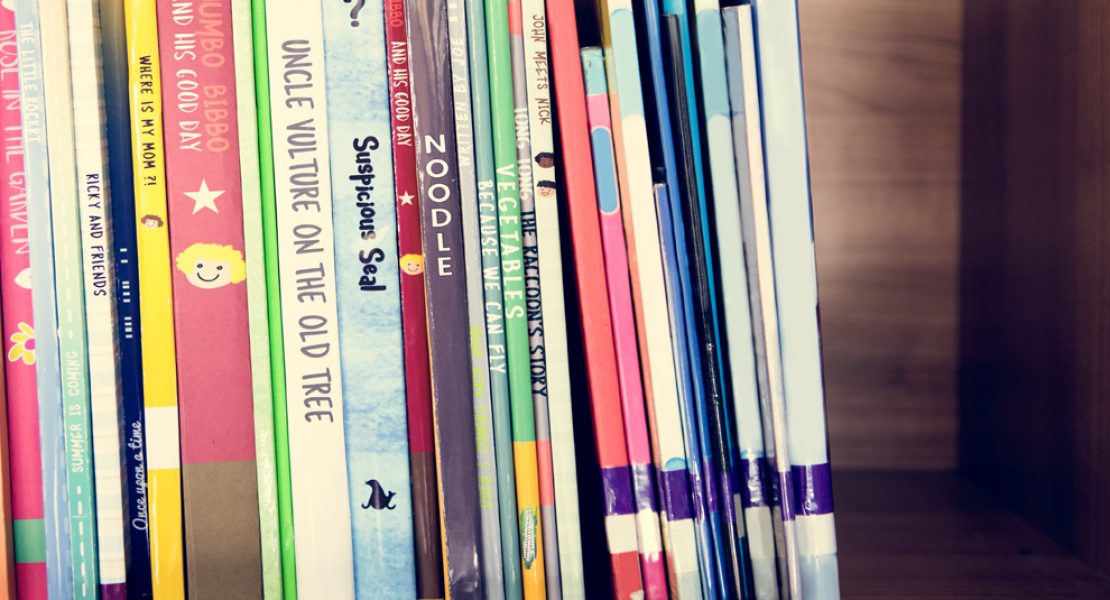Reading: It Does a Mind Good

Bath, book, bed: It’s a tried-and-true nighttime routine for many families—and the book part is especially key for children’s development.
“No age is too early to start reading to your child—start as soon as you get home from the hospital,” says Elyse Jones, MD, pediatrician at St. Luke’s Allentown Pediatrics. “At this age, it doesn’t even matter what you’re reading—it could be a magazine!”
That’s because, even just hearing your voice and being close to you—regardless of the words on the page—helps build a crucial parent-child bond.
“Studies show that children who have been read to from the start show greater brain stimulation later in childhood,” says Dr. Jones. “It also helps establish reading as a fun activity, so it doesn’t just feel like homework once they’re in school.”
With toddlers, selecting board books with colorful shapes, different textures, and animals can expose children to a world of new vocabulary and conepts. And allowing them to flip the pages helps develop fine motor skills, says Dr. Jones.
As kids get a bit older, involve them in the process of selecting books to help keep the routine enjoyable; and once they know how to read, ask them to start reading out loud to you, too, suggests Dr. Jones. “This develops oral communication skills and boosts confidence before they’re required to read aloud in school.”
Keep in mind, though, that reading should never feel like a chore. Don’t be focused on powering through a book—read slowly, pause to answer your chid’s questions, and go on related tangents or make up your own stories along the way.
Need a good book? Here are a few terrific read-aloud options to try:
The Fire Cat by Esther Averill
Goodnight Moon by Margaret Wise Brown
Go, Dog. Go! by P.D. Eastman





















